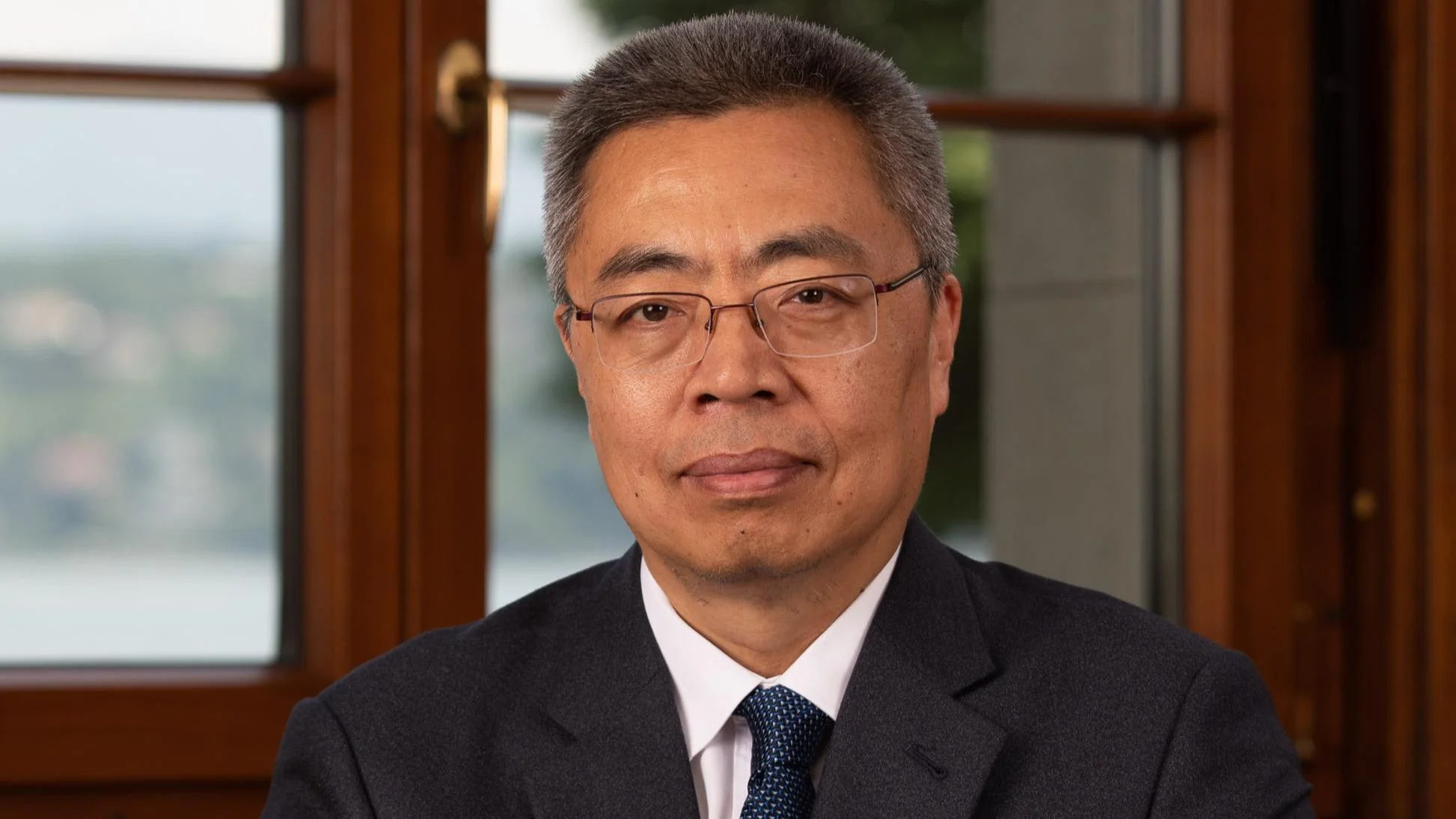A recent meeting chaired by Ambassador Davasuren Gerelmaa of Mongolia gathered ministers and senior officials from 32 landlocked developing countries (LLDCs), alongside leaders from organizations such as the United Nations Conference on Trade and Development (UNCTAD), the UN Office of the High Representative for the Least Developed Countries, Landlocked Developing Countries and Small Island Developing States (UN-OHRLLS), the United Nations Economic Commission for Europe (UNECE), and the International Trade Centre (ITC).
The meeting focused on strengthening international partnerships to promote trade and investment for LLDCs. These discussions aligned with the newly adopted Awaza Programme of Action for LLDCs (2024-2034). Ministers also agreed on a new Ministerial Declaration outlining shared priorities in trade, investment, and connectivity.
Deputy Director-General Zhang of the World Trade Organization (WTO) emphasized the organization's ongoing support for integrating LLDCs into global trade systems. "Trade facilitation remains the most effective tool to address the higher trade costs, transit dependencies and connectivity constraints that LLDCs face," he said. He noted that implementation of the WTO's Trade Facilitation Agreement has led to "shorter clearance times, improved border coordination and more predictable transit procedures."
He added, "Beyond national reforms, what we need are corridor-level governance institutions that can oversee harmonized rules, monitor performance and promote cooperation across borders."
DDG Zhang encouraged LLDCs to participate in WTO discussions about investment facilitation for development and e-commerce. "These initiatives demonstrate how the WTO can deliver meaningful, development-focused outcomes," he said. "They open pathways for LLDCs to deepen integration into global markets - fully aligned with the trade, investment and digital priorities of the Awaza Programme of Action."
Under-Secretary-General Rabab Fatima highlighted in her opening remarks that it is important to turn geographic challenges into opportunities for growth. She welcomed adoption of the Awaza Programme as a significant political commitment and announced upcoming initiatives such as a High-Level Panel on Freedom of Transit and a study on infrastructure financing options for LLDCs.
The Ministerial Declaration adopted at this meeting reaffirms support for multilateralism and a rules-based trading system centered around the WTO. It calls for greater efforts to strengthen productive capacities, encourage digital transformation, develop sustainable transport networks, and increase Aid for Trade directed toward LLDCs.
Ambassador Gerelmaa expressed gratitude to partners including the WTO: "We deeply value the WTO's full support for trade facilitation and the integration of LLDCs into the multilateral trading system," she said.
In closing remarks, DDG Zhang reiterated WTO’s commitment: "As we move towards our next Ministerial Conference in Yaoundé, Cameroon, in March 2026, it is vital that the voices and priorities of LLDCs remain central," he said. "Together, we can make trade a driver of development, resilience and economic transformation."

